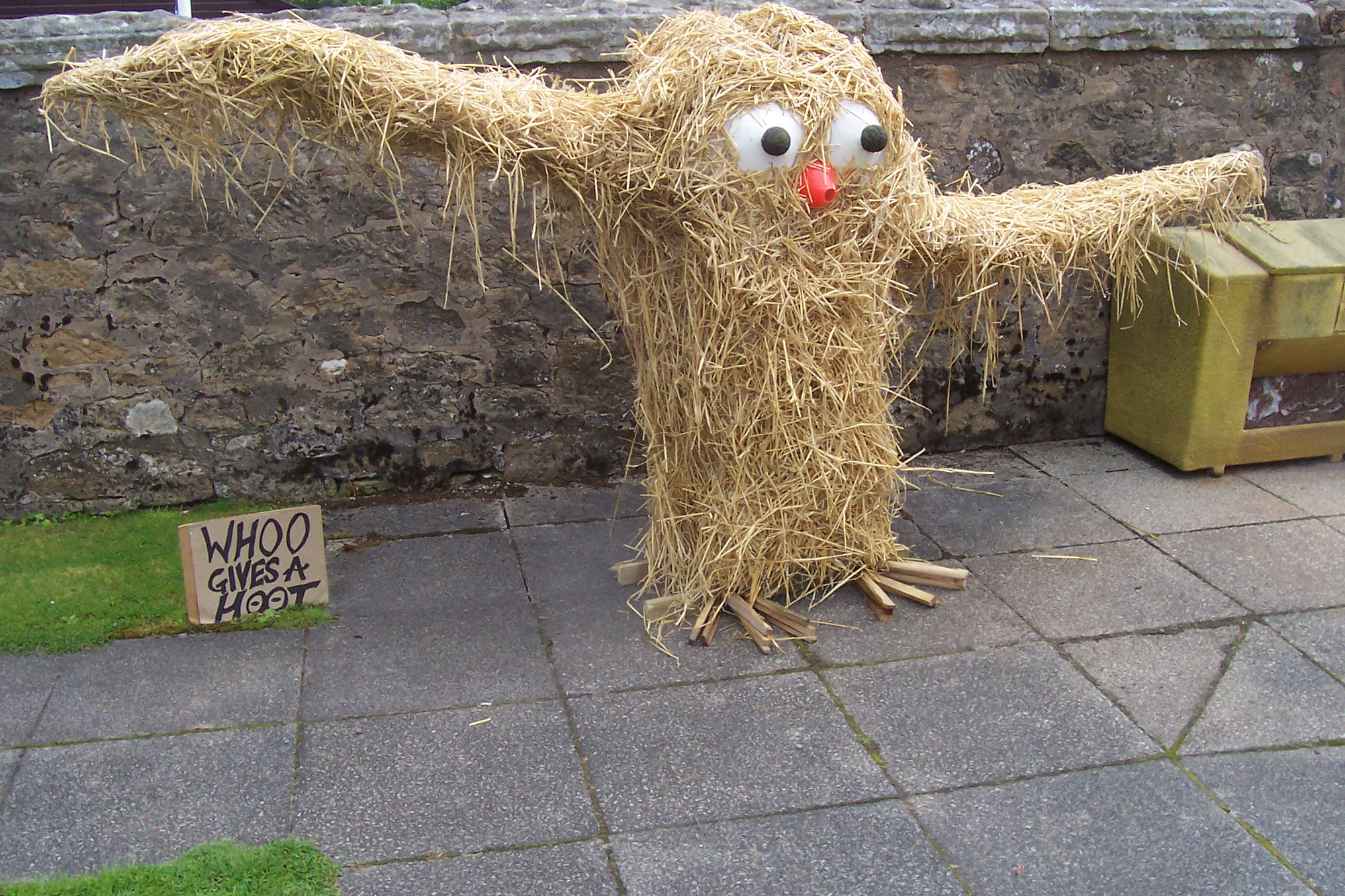
Journalism; What’s important about letters
The first step towards journalism is to decide what journal you want to write for. It is possible to write and look for a publication but that can be a ‘needle in haystack’ search.
The best way to choose is to pick a publication you like to read. The next steps are tedious enough without getting involved in something you don’t like.
For hard copy publications it’s only necessary to visit a good stationer and browse.
Having found a publication, it needs to be analysed but the best starting point is the letters page; it’s easier and it’s an open door. For general submissions, the publication will have forward plans which need to be predicted but the letters page is about the past and accessible.
Why an open door? For the body of a publication the editor will have commissioned pieces from regular sources, and for what is not commissioned, there will be a slush pile of proposals from regular contributors and a few likely pieces from names that strike a chord, have caught the eye in a quick glance or just been lucky. The rest will go in the waste basket or get the delete button.
The first job, while analysing for a full proposal, is to get your name on the ‘remembered’ list and that’s where letters come in. They’re not chosen from such a discriminating list and the analysis is a first step on the learning curve. What you need to know are –
How many words are allowed? It’s normally in a note on the letters page. If not, count and aim at the average but do not go beyond the maximum.
What subjects do the letters cover? Is it items in previous issues? Is it personal reminiscences? Is it currently popular subjects?
What attitudes do they reflect? Complaints, extensions of ideas expressed in previous issues, humorous, angry, serious?
Language? Simple, high school, sophisticated?
Are quotes from other sources used?
Lastly, several letters to the editor are better than a number of unsolicitated submissions; someone in the organisation is reading them and a good editor will check the finished version before publication, including the letters page. This is important, you must submit to and interest people who are in publishing, it’s no good hoping some editor will see your work in a remote journal and think, that’s good, I’ll dash off a letter asking the author to write a book, you have to play the percentages in every form of writing.